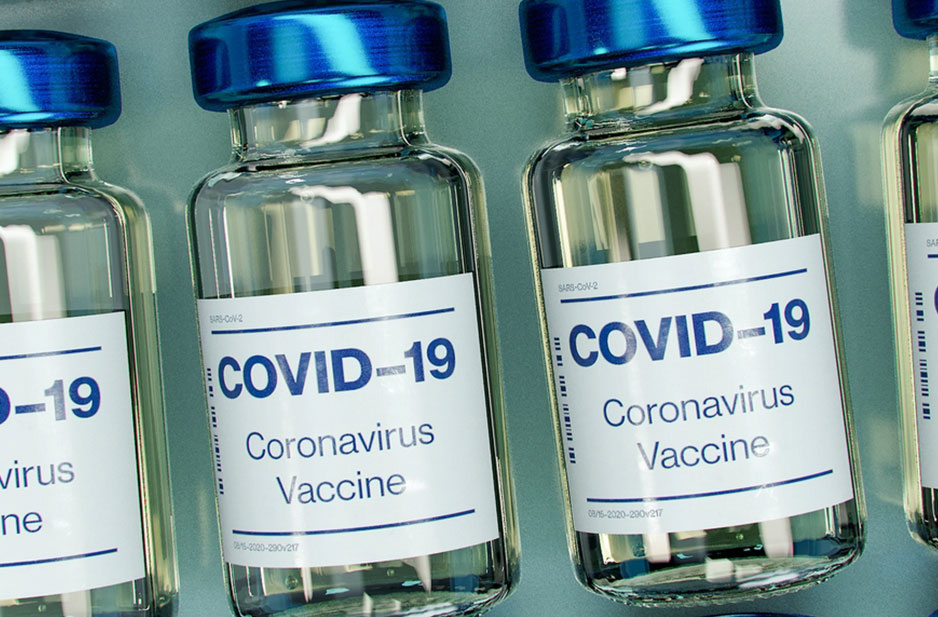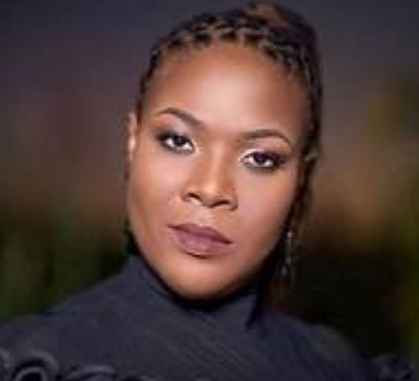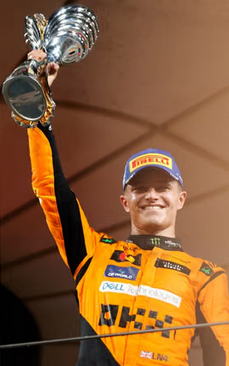Covid cases and deaths in India are spiking across the country with only about 26 million people having been fully vaccinated out of a population of 1.4 billion. And, about 124 million have received a single dose.
Prime Minister Narendra Modi's government has cancelled exports, reneging on international commitments. Worse, vaccine stocks in the country have nearly dried up, and no-one is sure when more will arrive.
Just as millions of Indians were trying to register online for a Covid jab - the vaccine portal and its accompanying apps have crashed. From May 1, India is opening up vaccination for roughly 600 million more people, to cover 18-44 year olds. But CoWin, as the platform is known, couldn't handle it.
Experts say the government should have finished vaccinating people above 45 before opening it up further, especially when supply was low. In fact, this appeared to be the plan until as recently as 6 April, when the health ministry said the drive could not simply be accelerated and that it was not yet considering expanding it to all adults.
It's likely the rapid, unrelenting surge in cases and reports that younger people were increasingly being admitted to hospital with severe symptoms led to the decision.
Economist Partha Mukhopadhyay said: "They should have held their nerve and focused on the vulnerable. Now the 45 and above have to compete with 600 million new demanders."
Those who have received no doses or a single dose so far have been queuing up at centres before supply runs out, raising the risk of infection. But that's not the only factor that has thrown India's vaccine drive into chaos.
Until now, India's federal government had been the sole purchaser of the two approved vaccines - Covishield, developed by AstraZeneca with Oxford University and manufactured by SII (Serum Institute of India); and Covaxin, made by a local firm Bharat Biotech. But it's now thrown open the market to not just 28 state governments, but also private hospitals, all of whom can directly negotiate and buy from the two vaccine makers. And they have to pay far more.
The federal government still gets 50% of stocks for 150 rupees ($2; £1.40) per dose, but states have to pay double that, and private hospitals eight times as much - all while competing for the remaining half. The different prices are concerning, says Srinath Reddy, a public health expert who advises federal and state governments on tackling Covid-19.
"All vaccination should be free, it's for public good," he says. "And why should states pay a higher price? They are also using tax payer money."
He fears that it's now a seller's market, where the poorest Indians are likely to be last in line.

















